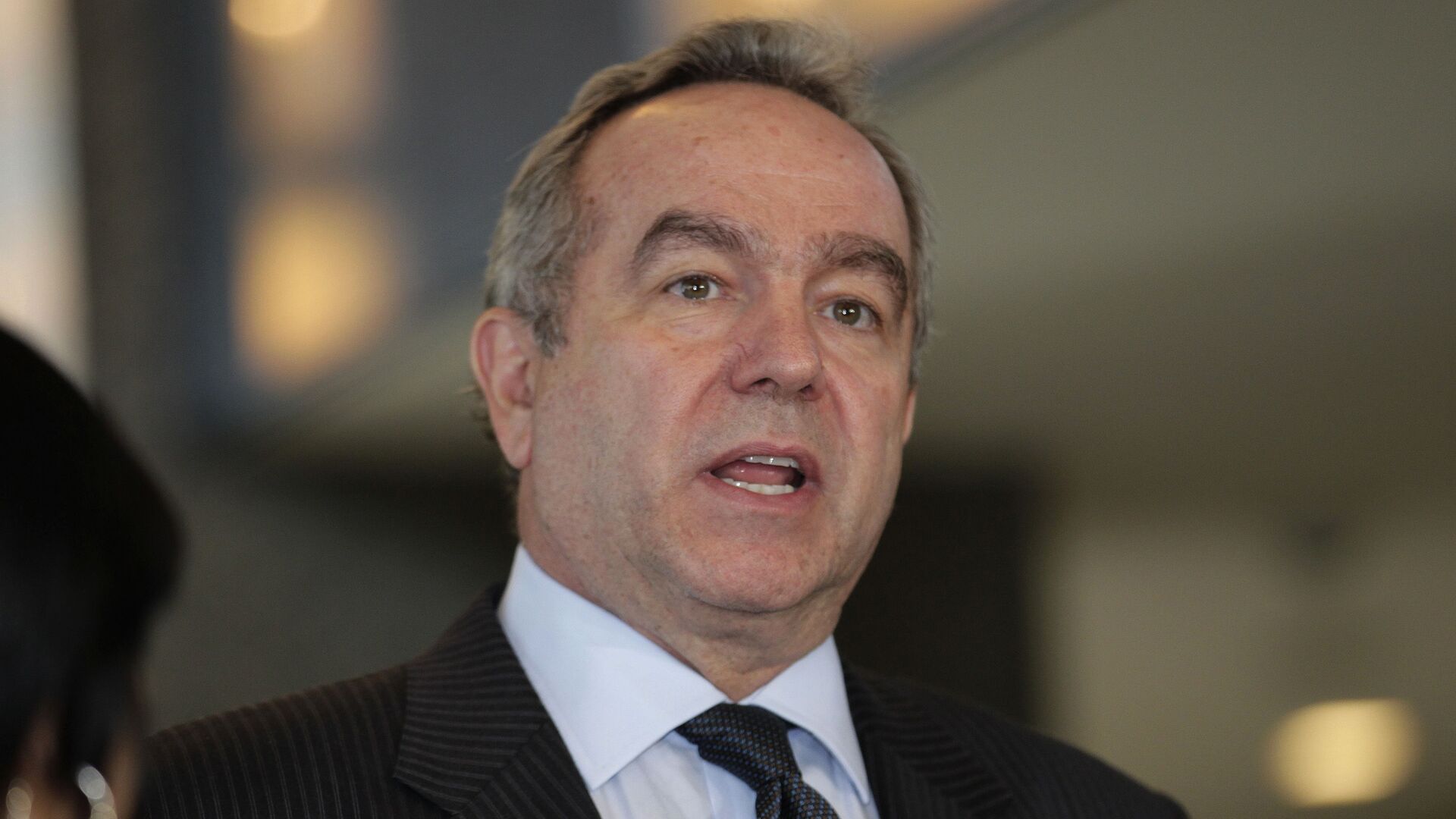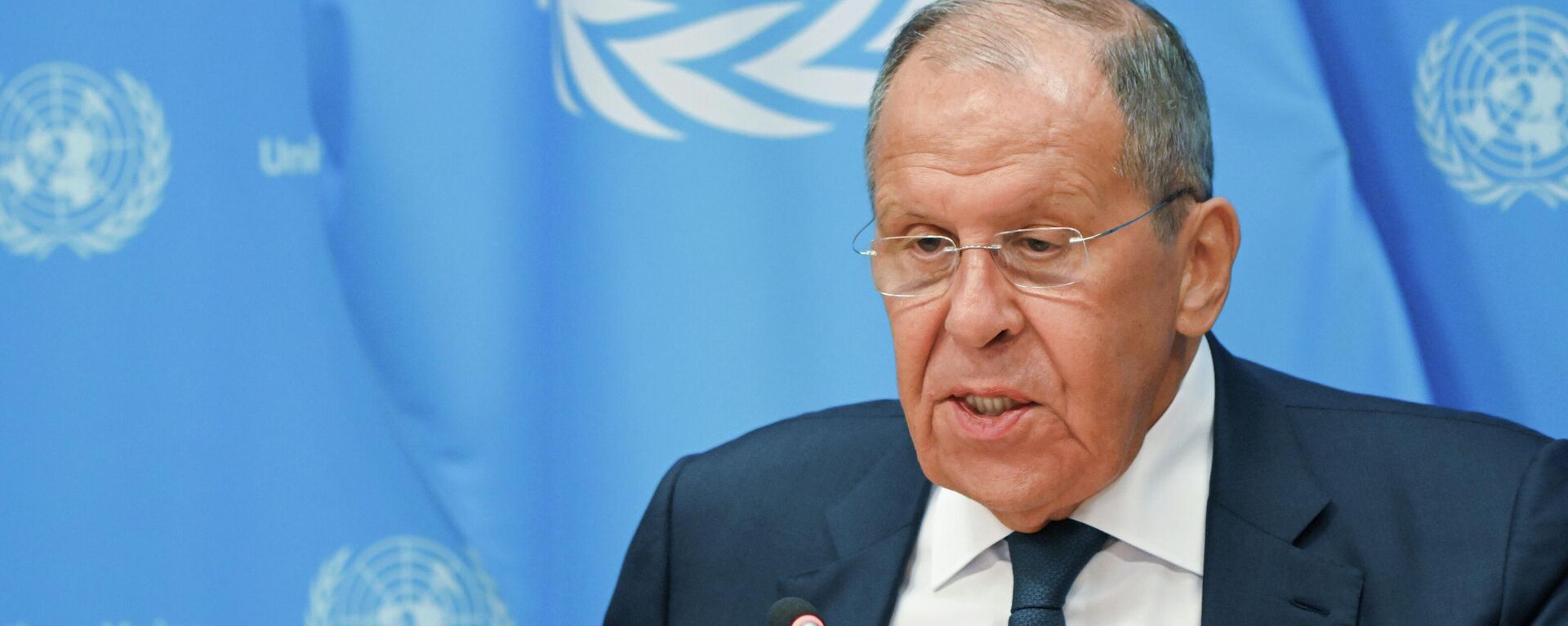'Never a U.S. Ally': Decoding Kurt Campbell's Comments on India

© AP Photo / Shizuo Kambayashi
Subscribe
The Indian government has said that its policy of strategic autonomy is meant to achieve a multipolar world order, as New Delhi continues to fends off western pressure to cut down its military and economic ties with "time-tested" partner Russia.
US Deputy Secretary of State Kurt Campbell acknowledged on Tuesday that India would never become a formal ally of the United States.
"I believe that we have bent India’s trajectory in ways that are consequential and very much in our interests. I will also say that one of the hardest things to keep in mind is that India is also a great power. And it has its own beliefs, its own interests. They will never be a formal ally of a partner of the United States. But that doesn’t mean we can’t have the strongest of possible relationships as allied nations on the global stage," Campbell remarked during his testimony at the Senate Foreign Relations Committee in Washington.
The theme of the Congressional hearing was 'Strategic Competition with the PRC: Assessing US Competitiveness Beyond the Indo-Pacific'.
Campbell, who is Biden administration's top diplomat for Indo-Pacific, also predicted that India could play a more direct role in Ukraine in coming weeks.
"We are likely to hear news about India engaging more directly in Ukraine. I am grateful for that. I think India wants to play a responsible role globally, and there are a few other countries in the world that have such an appeal to the Global South," suggested Campbell.
Notably, Campbell also stated that Europe and the US would like to play a "dominant role should we arrive at a situation where we could achieve a just peace" in Ukraine. The US official admitted that the current battlefield situation was being "dominated" by Russia.
The comments come against the backdrop of Indian media reports that PM Narendra Modi has been exploring a visit to Ukraine in August.
U.S. Can't Expect Same From India as Allies: Veteran
Indian Army veteran Major General Shashi Bhushan Asthana, the Director of New Delhi-based think tank United Service of Institution of India (USO), told Sputnik India that New Delhi was a rising power which would always uphold its "strategic autonomy".
"The expectations which the US usually has with its formal allies will not fit in India's case. It is because the US generally expects its allies to toe its foreign policy line, whether they are convinced or otherwise," Asthana commented.
He underscored that New Delhi's foreign policy mantra was premised on the principle of "non-interference" in internal affairs of other countries.
'Fundamental Difference Between Indian and US Approach to Ukraine'
Asthana highlighted that there was a "fundamental difference" between the respective approaches of India and the US towards the Ukraine conflict.
For starters, the think-tanker stressed that Ukraine conflict was part of a "broader geopolitical confrontation", an extension of Cold War in which Ukraine happened to be the "battleground".
"As far as India is concerned, it is an open secret that it has been in favour of an early resolution of the conflict through dialogue and diplomacy. I believe that the same message would be conveyed to the Ukrainian leadership by PM Modi as well, if his reported visit to Kiev goes ahead in August," remarked Asthana.
The Indian veteran suggested that Modi's reported visit to Kiev should be viewed as "India's contribution to global peace efforts and bring to table both the parties".
"The NATO allies are fuelling the war through continued military support to Ukraine. On the other hand, India has only provided humanitarian aid to Ukraine in order to mitigate human suffering. I would highlight here that even in the case of Palestine, India has offered humanitarian assistance, in line with his humanistic or 'vishwabandhu' (a partner for all in the world) foreign policy approach," stated Asthana.
Further, Asthana criticised the Western "double standards" on their attitudes towards Ukraine and Gaza.
"They have largely overlooked the massive human sufferings caused by Israeli offensive in Gaza, including the deaths of children and civilians. They have refused to invoke sanctions against Israel, which is completely different from their policy in Ukraine. I would rate it as hypocrisy on part of western powers," the Indian veteran concluded.


